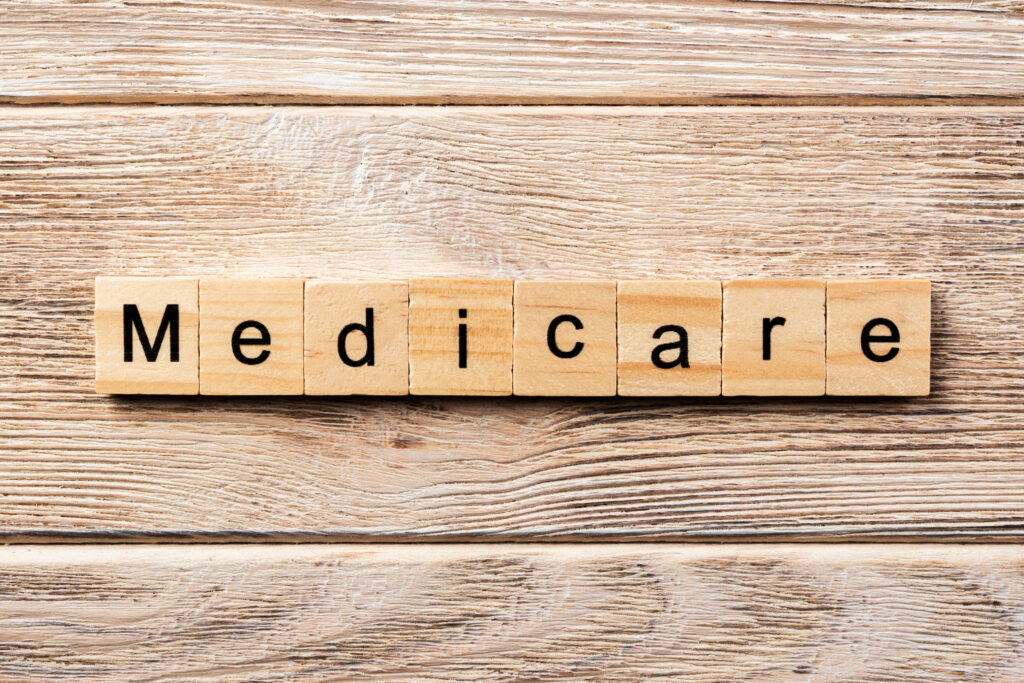Health care expenses are often a burden regardless of one’s income. However, for those living on fixed incomes, going to the doctor can be a financial disaster. Recipients of Social Security Disability Insurance benefits who do not qualify for Medicare just yet are not without other options, though. It is possible to qualify for Medicaid while also receiving SSDI.
Waiting for Medicare
If someone receives SSDI, he or she also automatically qualifies for Medicare, but there is a waiting period. This can leave some people in New Jersey without adequate medical coverage for as long as two years before they are entitled to disability benefits. Exceptions or workarounds to this waiting period can include:
- Patients with amyotrophic lateral sclerosis — ALS
- Patients with end stage renal disease
- Patients who do not qualify for Medicaid, but might be able to secure private coverage at reduced cost
Receiving SSDI does not disqualify anyone from qualifying for Medicaid. This makes it a good alternative for recipients who are still waiting for their Medicare eligibility to kick in. Recipients will still need to meet New Jersey’s income requirement though, so this might be something to keep in mind for those who also rely on other sources of income. However, those who have exceptionally high medical bills are sometimes still able to qualify if they exceed the limit.
It may seem as if there is no end to confusing information about SSDI floating around. Recipients or those who are planning to apply might understandably feel as if they cannot access certain services or benefits without risking their SSDI. Individuals who are in this situation might be well-advised to speak with a knowledgeable attorney about their options for accessing the help they need.


